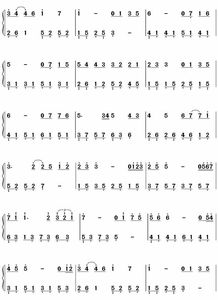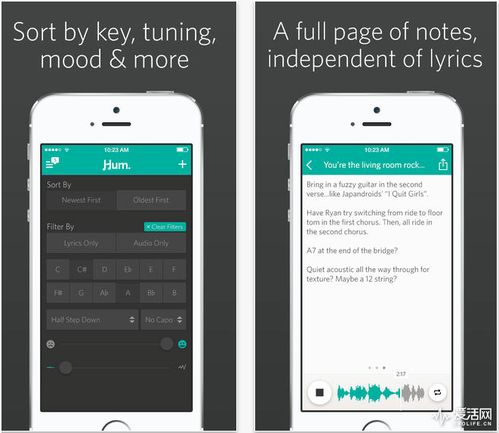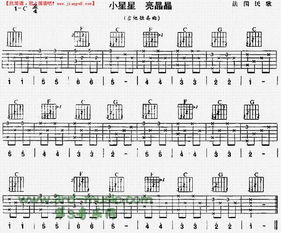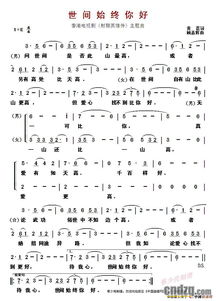abundant(abundant courage)
Abundant的用法与相关词汇解析
Abundant是一个形容词,通常用于描述数量多、充足或丰富的情况,它在英语中广泛应用于不同语境中,表达事物的丰富性或充裕性,本文将深入探讨abundant的用法、与其他词汇(如abound)的区别,以及它在实际语境中的应用。
Abundant的基本用法
Abundant的核心含义是“丰富的”或“充裕的”,可以修饰多种名词,表达某种事物的数量多或程度高,以下是其基本用法:
修饰名词:
Abundant常直接与名词搭配,描述事物的数量多或质量高。
- Abundant supply of resources(资源的充裕供应)
- Abundant evidence of his guilt(他的有罪证据丰富)
- Abundant choices for students(学生的多种选择)
修饰形容词或副词:
在某些情况下,abundant也可以修饰形容词或副词,强调程度或数量。- Abundant in number(数量众多)
- Abundant enough(足够充裕)
与量词搭配:
Abundant可以与量词(如“many”或“much”)搭配,进一步强调数量或程度。- There are many abundant resources available.(可用资源众多)
- The abundant amount of data surprised everyone.(大量的数据令所有人惊讶)
Abundant与Abound的区别
虽然abundant和abound在发音上相似,但两者在词性和用法上存在显著差异:
词性不同:
- Abundant是形容词,用于描述事物的数量或程度。
- Abound是动词,表示某物大量存在或产生。
用法不同:
- Abundant通常用于描述事物的数量或供应的充足性。
- The land is abundant with natural beauty.(这片土地充满自然美景。)
- Abound则表示某物大量存在或产生。
- Wildlife abounds in the jungle.(丛林中野生动物很多。)
- Abundant通常用于描述事物的数量或供应的充足性。
语境不同:
Abundant更侧重于“丰富的”或“充裕的”;而abound则侧重于“大量存在”或“充斥”。
Abundant与其他词汇的区别
Abundant与其他表示“充足的”或“丰富的”词汇(如sufficient、enough、adequate、ample、plentiful)在含义和用法上均有区别,以下是对这些词汇的详细比较:
Sufficient
- 表示“足够的”,通常用于正式场合,强调刚好满足需求。
- The information is sufficient to answer the question.(这信息足以回答问题。)
- 表示“足够的”,通常用于正式场合,强调刚好满足需求。
Enough
- 表示“足够的”,是最常用的词,可用于口语和书面语,表示数量或程度的足够。
- I have enough time to finish the work.(我有足够的时间完成工作。)
- 表示“足够的”,是最常用的词,可用于口语和书面语,表示数量或程度的足够。
Adequate
- 表示“足够的”,但更多强调刚好满足标准或质量要求,带有一定的负面色彩。
- The facilities are adequate for the students.(设施足以容纳学生。)
- 表示“足够的”,但更多强调刚好满足标准或质量要求,带有一定的负面色彩。
Abundant
- 表示“充足的有余的”,强调数量多或供应充裕。
- The country is abundant in natural resources.(该国矿产资源丰富。)
- 表示“充足的有余的”,强调数量多或供应充裕。
Ample
- 表示“充分的”或“足够的”,强调不仅满足需求,还有剩余。
- The company provides ample opportunities for young employees.(该公司为年轻员工提供了充分的机会。)
- 表示“充分的”或“足够的”,强调不仅满足需求,还有剩余。
Plentiful
- 表示“丰富的”或“众多的”,强调数量多,但不如abundant显得富裕或丰收的意味。
- The market is plentiful with fresh produce.(市场充满新鲜农产品。)
- 表示“丰富的”或“众多的”,强调数量多,但不如abundant显得富裕或丰收的意味。
Abundant Courage的解释
Abundant courage(丰富的勇气)是一个常见的短语,表示一个人或群体拥有充裕的勇气或胆识。
- He showed abundant courage in the face of danger.(在危险面前,他表现出了丰富的勇气。)
- The company has abundant courage to invest in new technologies.(该公司有勇气投资新技术。)
这个短语强调了勇气的充足性或丰富性,常用于描述在困难时刻的积极行动或决心。
Abundant的实际应用
Abundant在日常表达中非常灵活,可以用于多种语境,以下是一些实际应用示例:
描述资源或财富
- The region is abundant in minerals.(该地区矿产丰富。)
- The country is abundant with natural beauty.(该国自然美景丰富。)
描述机会或选择
- There are abundant opportunities for young people.(年轻人有很多机会。)
- The market offers abundant choices for consumers.(市场为消费者提供了多种选择。)
描述情感或体验
- The experience was abundant with new ideas.(这次经历充满了新思路。)
- The family is abundant with love and warmth.(这家人充满了爱和温暖。)
描述时间或空间
- The area is abundant with historical sites.(该地区有很多历史遗迹。)
- The festival is abundant with colorful events.(节日充满了多彩的活动。)
Abundant是一个既灵活又强大的形容词,能够在描述数量多、供应充裕或丰富程度高的场合中使用,与abound不同,abundant更侧重于“丰富的”或“充裕的”,而abound则表示“大量存在”,了解这些词汇的区别,并通过实际案例练习,其使用会更加得心应手。
如果你对这些词汇还有其他疑问,或者希望在实际写作中更灵活地运用它们,不妨关注我们的平台,获取更多语言学习资源!
相关文章:
文章已关闭评论!










